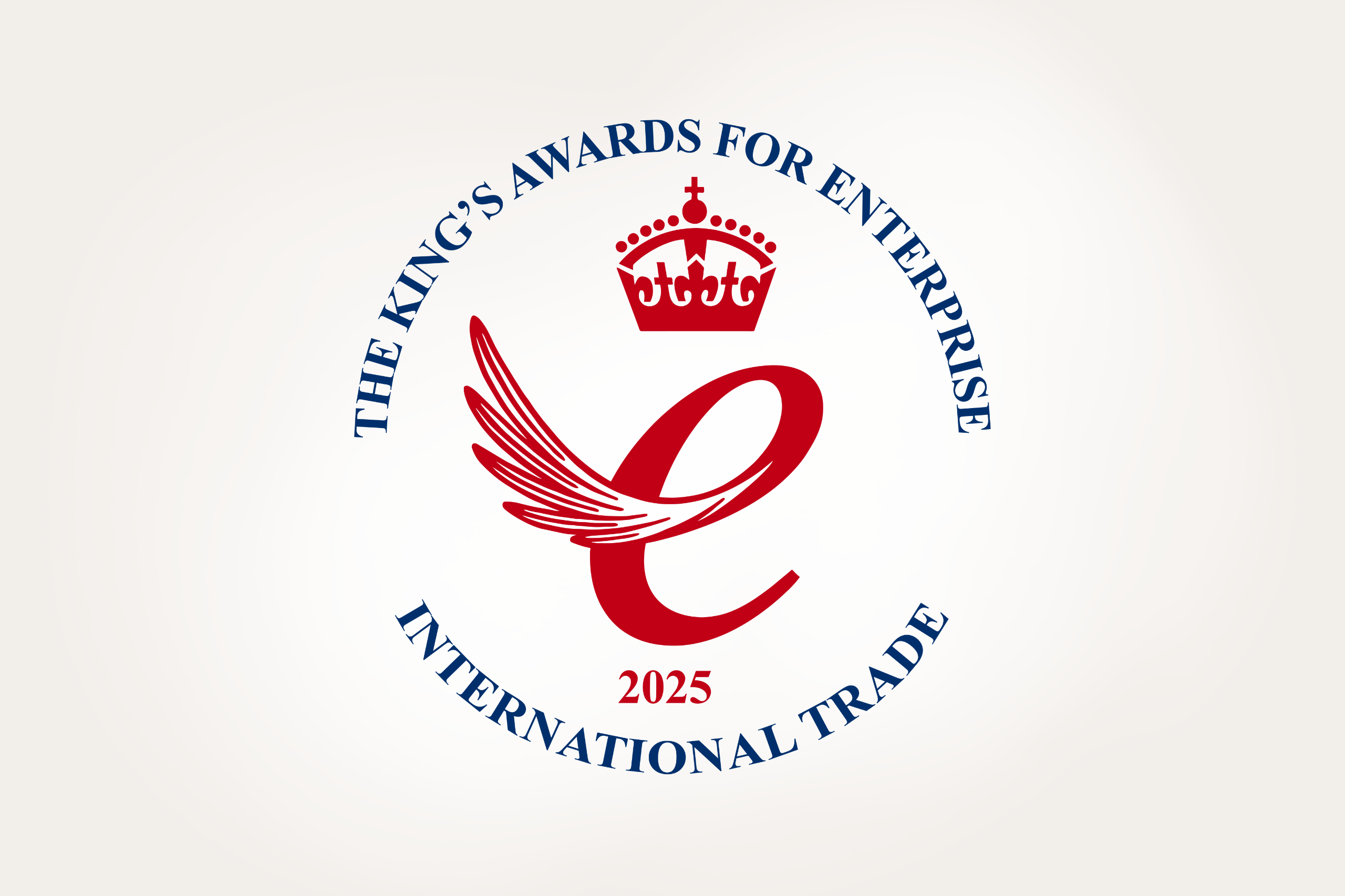Hailed as ‘the fastest-growing sport’, with participation numbers and a dedicated following that are the envy of many more established sports, the rise of eSports in the world of traditional sport cannot be ignored.
This month alone will see a pop-up event launching the International eGames in Rio, with Olympic-style international competition due to take place in 2018, 2020 and beyond.
Until recently, eSports event owners have largely been hiring venues in which to host their events. Now host nations, cities and venues who have for many years invested significantly in hosting more traditional sporting and cultural events are beginning to take notice of the opportunities of hosting eSports tournaments as part of their portfolio. This presents an opportunity for host investment to become a serious revenue stream for eSports events. However, before that becomes a reality, there are a number of challenges to address.
What are hosts looking for?
The potential value of an association with the growing eSports market seems fairly clear – it opens the door to a young, technophilic and highly engaged audience, much of which is largely untapped by more mainstream sports – but that is typically not enough for seasoned event hosts.
When evaluating any event, a city will be looking to demonstrate a return on investment, seeking to achieve one or more strategic or commercial objectives. These might include direct and indirect economic impact, media impact, destination marketing, job creation, social and public health benefits and many more.
Challenges
Some of these benefits may not be immediately apparent in relation to hosting eSports events:
Economic return: One of the key reasons why hosts have not invested in eSports events to date is a lack of demonstrable economic impact from eSports events. Whilst events such as the IEM Katowice attract an audience of 113,000 young, dedicated eSports followers – with over 34 million unique viewers online globally – potential hosts will want to understand exactly how those impressive numbers translate into economic value. How many of the audience are visitors from outside the region? How long are they staying for? How much are they spending outside of the arena?
Destination marketing: Events are typically indoors, and therefore do not naturally show off landmarks in the way that an outdoor, city-centre event like a marathon would, for example, so destination marketing opportunities may appear to be limited.
Social and public health: Hosts often use sports events to promote active lifestyles, benefitting public health and social cohesion. The fact that eSports athletes train indoors in front of screens for many hours a day cannot be ignored.
Governance: There remains something of a power struggle within the eSports world, without the clearly defined governance and competition structures found in more traditional sports. This creates some uncertainty for hosts, with a risk of backing an event that may fail or lose its relevance. Good governance also provides credibility for events and brings greater comfort for hosts, particularly in light of recent scandals across sport. eSports will not be immune to similar issues of doping, corruption and gambling.
Demonstrating value
As with traditional sports, maximising, capturing and articulating the value brought by eSports events will be key to unlocking investment from potential hosts. This can be done by addressing a number of areas:
Event duration: Extending the event and encouraging people to stay longer in a city, enhancing the direct economic impact.
Event format: Developing a format which encourages spectators to stay within the local market, with wraparound events to maintain interest.
Unique engagement opportunities: The stars of the eSports world are comparatively accessible, presenting a direct route for hosts into their highly engaged fanbases.
Event location: Considering more city-centre events or activations, utilising famous landmarks, or promoting the opportunity to utilise underused facilities.
Measuring economic impact: Accurately measuring the economic impact for a host, using an industry-recognised methodology such as EventImpacts.
Measuring and demonstrating social benefits: Highlighting the far more positive opportunities for hosts in relation to promoting tech literacy, sexual and racial diversity, crime avoidance and other social benefits.
Improving governance: The landscape is already changing, with the recently formed World eSports Association joining the International eSports Federation and the establishment of an eSports Integrity Coalition providing a governance structure with which hosts will be more familiar. Such progress is positive, but there remains some way to go.
The future
There is little doubt that eSports will challenge traditional sports for the attention of hosts in the same way that broadcasters and sponsors are focusing on the sector. Every sport brings with it a number of benefits and challenges, and will be of varying appeal to numerous potential hosts. The future and value of the eSports-host relationship depends on defining and developing those benefits and addressing the challenges.
Hosts join the Game – Guest Blogs – SportsPro Media sports blog – SportsPro Media
by Ashley Blake, General Counsel and Aqeel Hassan, analyst at The Sports Consultancy, and both are part of the agency’s eSports group.

